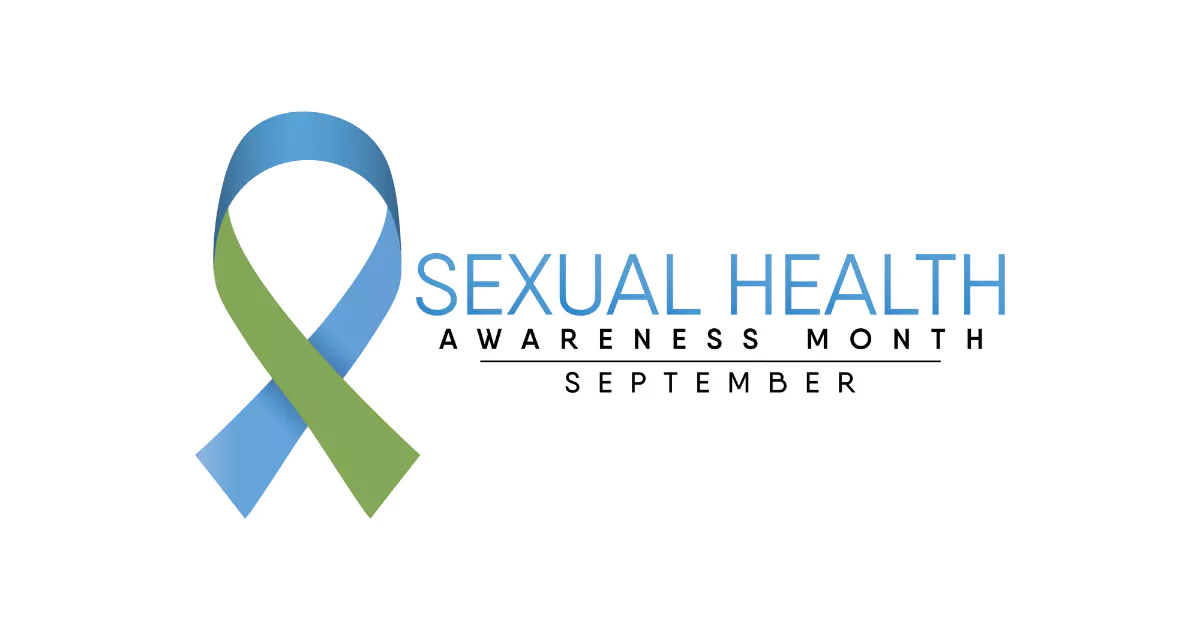
September Is Sexual Health Month: Learn How You Can Get Educated and Empowered
Today marks the start of Sexual Health Month, an event organized by the American Sexual Health Association (ASHA) to promote optimal sexual and reproduction health through advocacy, educational resources, access to effective healthcare and destigmatization of dialogue surrounding sexual issues.
Sexual Health Month expands on the years-old Sexual Health Day, which was established by the World Association of Sexual Health. It brings to the forefront a diverse and important range of issues associated with sexual health and intimacy and seeks to mobilize Americans to take control of their sexual reproductive health while discussing its relationship to overall physical and emotional wellness.
What Can We Learn?
The ASHA offers a wide array of clinical, educational and support resources to maximize sexual literacy in virtually every area of the conversation. Specific content areas include:
- Making Your Voice by Your Elected Representatives
- Sex during the COVID-19 Pandemic
- Sexual Pleasure
- Sex after 50
- Resources for Patients and Teachers
- The Importance of Consent
Over the course of the month, the organization will offer a variety of online resources, such as podcasts, fact sheets, webinars and more, from trusted thought leaders.
Why Is Sexual Health Month Important?
Sexual and reproductive health is an abiding concern for both men and women. Decreased literacy, poor access to proper care resources and lack of emotional support have a direct public health impact in the form of maternal and infant mortality, unwanted pregnancy, sexually transmitted infection and mental health issues:
- An estimated 19 million new cases of sexually transmitted diseases (STDs) are diagnosed each year in the United States.
- Nearly half of the six million pregnancies in the United States each year are unwanted.
- Over 20 percent of new HIV diagnoses were among young people (aged 13-24) in 2018.
- Half of the 20 million new STDs reported each year were among young people (aged 15 to 24).
Fragmented sex-education approaches in public schools continue to disproportionately affect certain communities, creating real-life knowledge and experiential barriers to proper awareness. Events like Sexual Health Month are important because they underline the glaring need for increased sexual health education and awareness in the interest of responsible decision-making, better health and improved quality of life. Show your support today!

